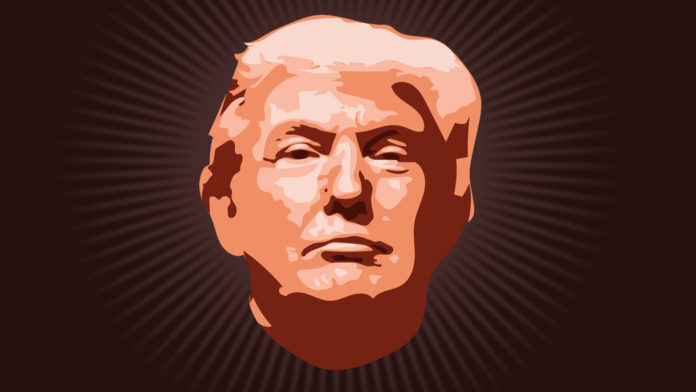For many Canadian scientists, witnessing Republican Donald Trump’s presidential inauguration just south of the border feels uncomfortably familiar. A bit too close to home.
It was only a little over a year before the 2016 U.S. election that Canadians cast similar ballots that would shape the future of science in their country for four years to follow: a sort of referendum on scientific integrity, evidence-based policy, and public dissemination of research. Scientists rallied against the slow erosion of these ideals under Stephen Harper’s Conservative government, which saw the elimination of the national science advisor role, the closure of major government science facilities, and the muzzling of researchers who were barred from speaking to the press. Ultimately, Harper was not re-elected for a fourth term.
The following year, in even more theatrical disdain for evidence, the Trump campaign’s notorious disregard for facts sparked an unprecedented public appetite for fact checking. Trump believes that climate change is a hoax (it’s not) and that vaccines cause autism (also false). These are two of the most thoroughly debunked contemporary science myths. Denying the science is a risk to the planet and to public health. And these are just two alarming examples of Trump’s scientific illiteracy among many.
Facts matter. Policies that don’t account for expert opinions or our best scientific understanding are a stab in the dark at best. It’s easy to see how Trump’s dismissal of the press could foreshadow an era of silencing the media and preventing important research from being communicated.
In the wake of Trump’s surprise win, Canadian scientists are warning their American counterparts to act now to back up their data and communicate the importance of their research to the public while they still can. Canadians know all too well that while it takes years of work to build up the capacity and expertise to run specialized research, that can all be dashed and disbanded in an instant if the government facilities that host them are closed. The destruction of information archives is also a real threat. Efforts are already underway to move a digital archive of the internet to Canada, and out of Trump’s reach.
Here’s hoping that some of Canada’s recently hard-won wisdom will help build resilience for America’s scientific community.








































